The Metropolitan police force is falling apart before our eyes. With it is going our sense of safety and security in our capital city, as we watch hate filled marches and what would be, in any other circumstances, criminal activity on London’s streets. The Met commissioner, Sir Mark Rowley, recently went on national television and said that the Met was doing all it could to enforce up to the legal line, but it was up to politicians to draw those lines. Is Rowley right to suggest though the Met is doing all it can when it comes to the protests? No. And here’s why.
Since the Thatcher era, successive governments have passed laws to control protests. The result is that we have today unprecedented powers to control London. What are these powers? Well, there are actually too many to list without coming across as an academic at a seminar asking ‘just a brief’ question. But the main ones are these:
Section 13 of the Public Order Act 1986 can be used to stop marches happening. It can even ban them for up to three months at a time. The police can use this power if they are afraid of ‘serious public disorder’ happening. It is very difficult to not see the activities in London on Saturday as serious public disruption. British Jews have been actively harassed and assaulted. Various locations had to be fortified for protection. Fights and other violence occurred.
Under sections 12 and 14 of the same Act, we can impose rigorous conditions on marches – including where they can and can’t take place. These sections have a much lower threshold to use.
Section 5 makes it a crime to use threatening words or behaviour. It also makes it a crime to use ‘disorderly behaviour’. And if the person who used threatening words or disorderly conduct was motivated by race, then section 31 of the Crime and Disorder Act 1998 can add another two years prison time.
Section 18 makes it a crime to use threatening, abusive or insulting words – like calling for the genocide of Jews or falsely accusing Israel of war crimes.
Then we have the Terrorism Acts, 2000 and 2006. Section 12 of the Terrorism Act 2000, makes it a crime to openly ‘support’ Hamas. Section 13 of the Terrorism Act 2000 makes it a crime to wear something or display something which makes people reasonably suspect you support Hamas.
Under Section 1 of the 2006 Act, it is an offense to publish a statement that deliberately or recklessly encourages terrorism. The same law says that you cannot say anything that ‘glorifies’ terrorism or say something that a member of the public ‘could reasonably be expected to infer’ that you are glorifying terrorism – like calling for an ‘intifada’ perhaps.
The police clearly then have the powers to deal with the nastier side of the protests. But the police, like many of our institutions and large businesses, do not seem to want to do their day job. On Wednesday, rather than doing his job of preparing for the latest marches in London, Sir Mark Rowley decided to appear on a political podcast. He seems to think his time is better spent being rude about the Home Secretary’s decision to call the protests ‘hate marches’ than keeping law and order in London.
Sir Mark and his selective blindness when it comes to the law risk marching us all to a very dark place indeed. Inaction by the Met, and its failure to use the powers it has to prevent events like Saturday, will only get worse. If we want to be safe, then it’s time to have law again. That’s why ‘law’ is so often paired, with ‘order’.
Got something to add? Join the discussion and comment below.
Get 10 issues for just $10
Subscribe to The Spectator Australia today for the next 10 magazine issues, plus full online access, for just $10.

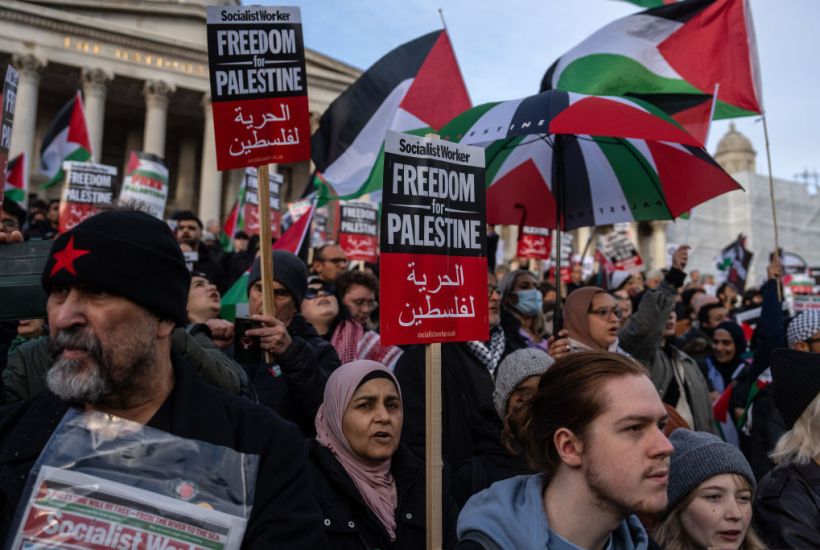
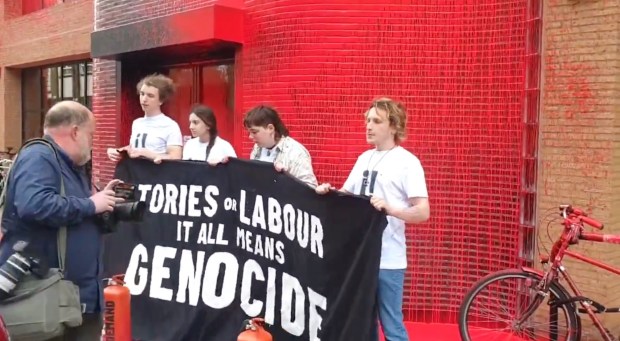
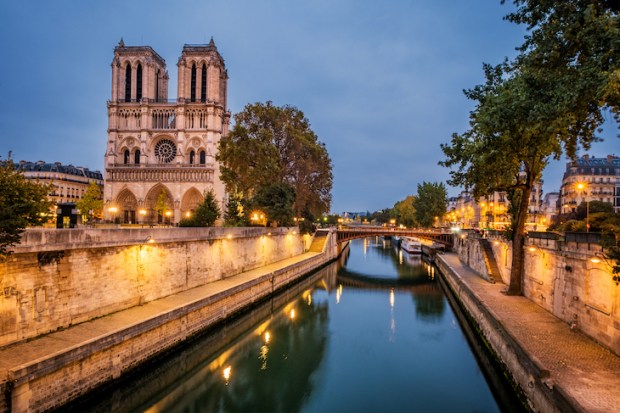
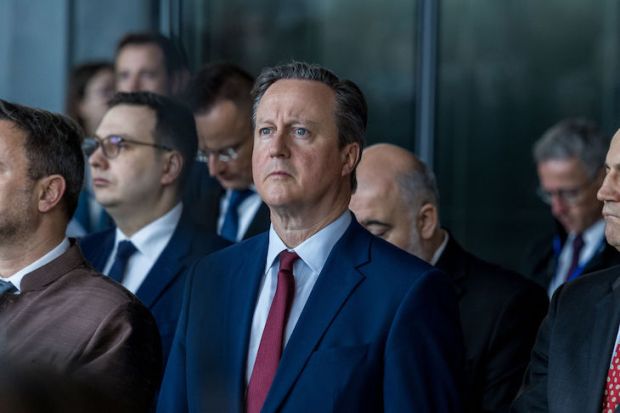
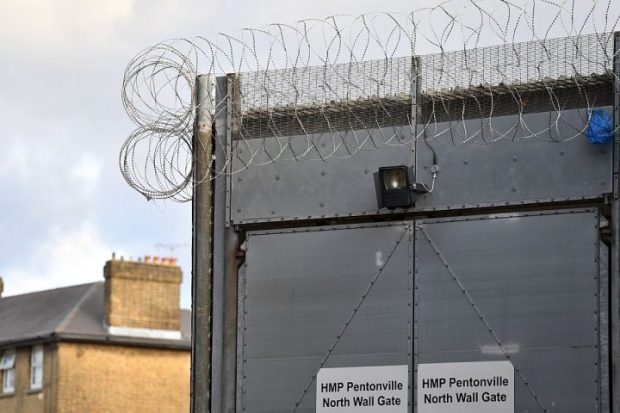
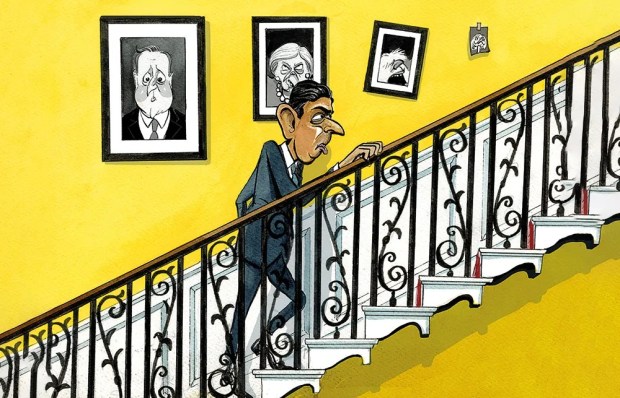
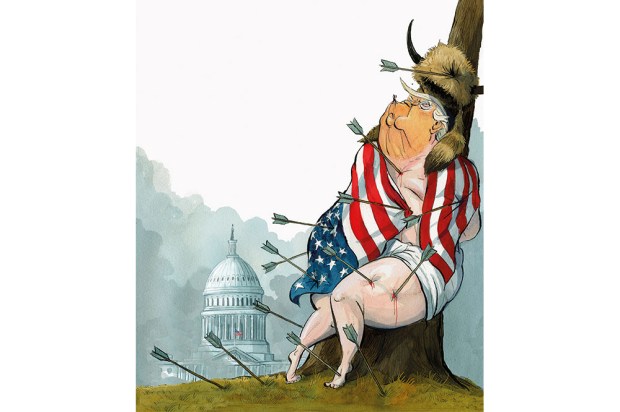












Comments
Don't miss out
Join the conversation with other Spectator Australia readers. Subscribe to leave a comment.
SUBSCRIBEAlready a subscriber? Log in